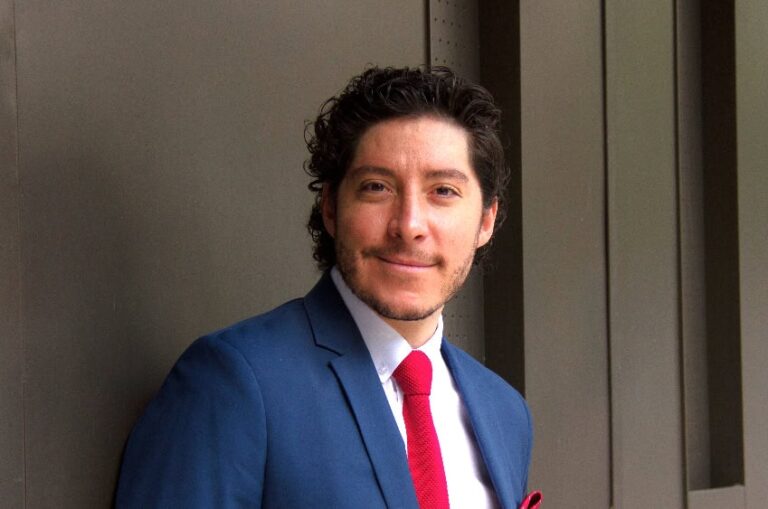While speaking at the Mexican American Chamber of Commerce about nearshoring and the shift of foreign direct investment from China to Mexico, I was introduced to a young Mexican entrepreneur, Andrés Díaz Vedra.
The team at AmCham said Andrés was definitely someone “to watch” and someone I needed to talk to.
I began the conversation with a provocative question I posed in last week's column: “What happens when everyone except Mexicans benefits from Mexican nearshoring?”
Andrés recently founded Yumari, a fast-growing Mexican startup with the explicit goal of enabling Mexicans to benefit from nearshoring.
To understand the business, it's important to first understand why so many companies moved their manufacturing to China. The reasons boil down to two things: it was cheap and it was easy.
It meant that the supply chains were longer, but the fact that it was cheap and easy made up for that. We all know that companies are concerned with their supply chains now, so they're looking for places to produce their goods that have shorter supply chains, and ideally are cheaper and easier to work with.
Mexico obviously has a much shorter supply chain because of its proximity to the U.S., and prices are more competitive, but it's certainly not as easy in Mexico as it is in China.
“A Chinese company can give you a price that includes all the logistics to your doorstep and provide you with all the specifications you need that same day,” Andres says. “A Mexican company will take two weeks to give you a price, another two weeks to give you the specifications you need, and another two weeks to give you a quote for the cost of shipping to Laredo.”
His concern is that Chinese companies will see how fast Mexico can move and how easy it is to do business with Mexico, and they will try to copy Mexico's factories and the ease of doing business there. This attractive option for buyers could create a scenario in which Mexican companies lose out not only on new growth opportunities, but also on the existing business they already have.
The solution, Andrés said, is to make it faster and easier to work with Mexican companies — in other words, to help them become a viable alternative to Chinese solutions.
This is the focus of his new company, Yumari.
Mr Andres returned to Mexico after working in China for 10 years to run the Latin American operations of Chinese company Alibaba.com.
In this role, Andres brought Mexican companies onto the Alibaba.com platform and connected them with Chinese companies. In theory, this model helped Mexican buyers source from Chinese suppliers and vice versa. But in reality, it only gave Mexican buyers an easy way to source from China, and Chinese buyers had little interest or incentive to source from Mexican companies.
This realization, along with the ongoing nearshoring boom, gave Andres the idea to create a North American version of Alibaba.com: a platform that would connect Mexican producers with buyers in the U.S. and Canada who had previously bought from China.
Yumari is not only focused on connecting buyers and sellers, but also works with Mexican producers to help them learn the efficient processes buyers expect when doing business with China.
In other words, the Mexican entrepreneur is providing the platform, tools and experience to help Mexican companies benefit from nearshoring opportunities.
Although it's still early days for Yumari, I think it's fair to say that we are in the right place at the right time.
Companies all over the world are considering manufacturing in Mexico. Large companies are relocating entire factories to Mexico. Small businesses are looking for suppliers in Mexico. If they can't find them locally, they'll look elsewhere or maybe ask their current Chinese suppliers to relocate to Mexico.
Companies like Yumari can provide experience and training that can help Mexican companies become more competitive and meet customer expectations.
I am confident that Andrés and his team will ensure Mexican companies are competitively prepared and Mexicans get the most out of nearshoring.
Travis Bembenek: Mexico News Daily I have lived, worked and played in Mexico for over 27 years.


